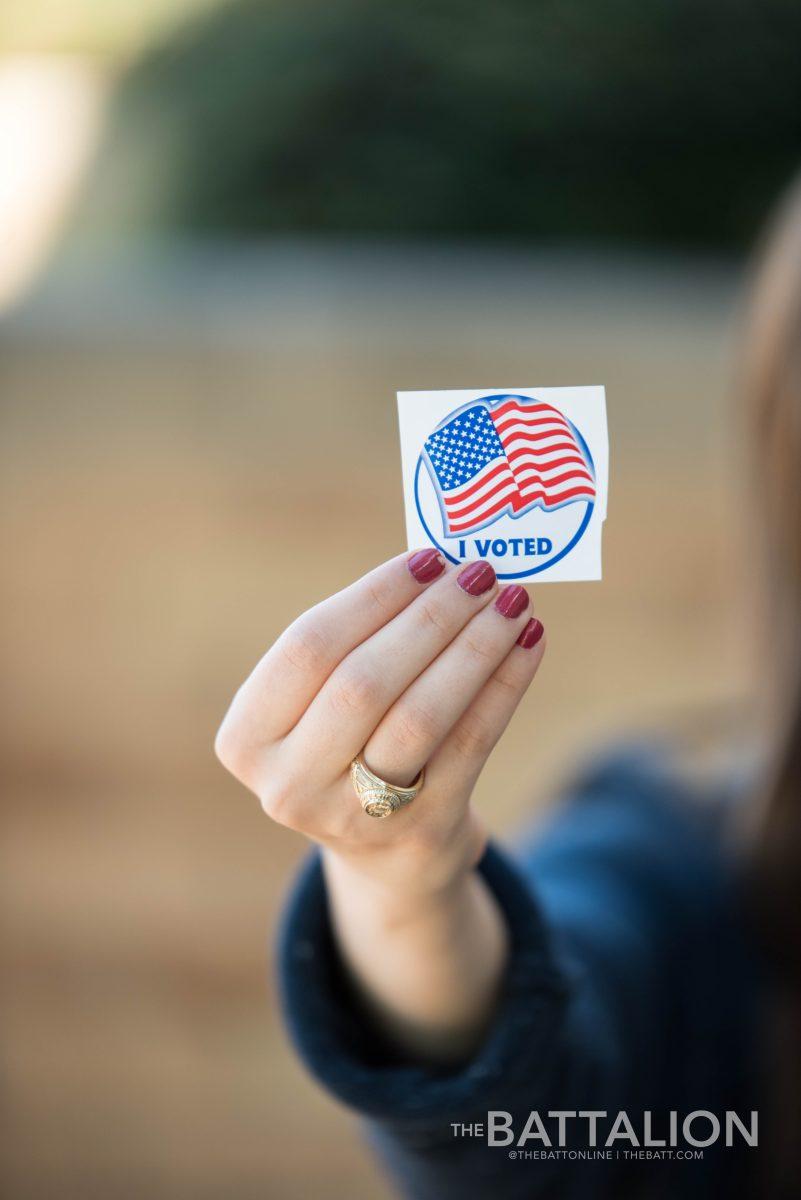This fall, college students and their fellow Americans have the opportunity to have their voices heard in elections across the country.
Though there has been much media discussion as to who and how many will show up on Election Day, a lot of uncertainty still remains, especially pertaining to perennially low turnout among younger adults.
According to assistant professor of political science Ben Ogden, whether someone actually decides to vote can depend strongly on how they feel about their favored candidate and the opposing candidates.
“[The determinants] are basically how much they like the candidate that they would vote for if they vote — what we would call positive affect — or how much they dislike the candidate that they would vote against if they don’t vote — which is negative affect,” Ogden said. “One thing that’s interesting though is that we do know that Republicans and Democrats behave differently on this. Democrats tend to be more driven by positive affect, so to the extent that [college] students are more liberal than the general population, they tend to be driven by how much they like the candidate they are voting for.”
Ogden said the competitive United States Senate race between Rep. Beto O’Rourke and Sen. Ted Cruz is a good illustration of this dynamic. Much of the media attention surrounding O’Rourke has focused on his popular appeal, including a Vanity Fair profile that compared him to the Kennedys.
“Democrats, and to a degree liberal leaning college students, are going to be more driven by how much they like Beto O’Rourke, which is a reason why Ted Cruz to some extent has taken the strategy of trying to make O’Rourke look unlikable,” Ogden said.
Low participation among college-age voters has been a long-standing matter of discussion, with efforts from places such as MTV Rock the Vote to address what is usually perceived as an intractable problem.
Some organizations like FairVote — an advocate for electoral reform — argue that the problem is a structural one, due to issues with the ease and accessibility of voting. Others such as Voter Smart say the problem stems from a lack of voter education. Polls of young adults usually reveal a general sense of apathy toward politics.
Some of these sentiments were expressed by computer science junior Cody Maffucci, who said he has no plans to vote in the upcoming elections.
“I just don’t really know much about [the election],” Maffucci said. “I’m not that interested in it honestly. Other people have more time to research that kind of thing and will probably make a better a decision than I will.”
Ogden said efforts to provide more information about the issues and candidates involved could lead to higher turnout among student voters.
“To some extent, if you are trying to get students to vote more, it makes more sense to kind of feed them with information about politics, because the more informed you are … the more you’re probably going to care about the candidates and where they stand on issues and therefore the more you’re likely to decide it’s worth it for you to turn out and vote,” Ogden said.
Political science Ph.D. candidate Niels Appeldorn recommended students start by learning about the topics they are most passionate about and go from there.
“Find a handful of issues which are really important to you,” Appeldorn said. “If you were to say ‘these are things that define me and should define my candidate as issue positions’ — find those and compare those.”
Professor offers insight on what motivates young voters
October 28, 2018
Photo by Photo by Cassie Stricker
Early voting for midterm elections lasts until Nov. 2. Election Day is Nov. 6.
0
Donate to The Battalion
$2065
$5000
Contributed
Our Goal
Your donation will support the student journalists of Texas A&M University - College Station. Your contribution will allow us to purchase equipment and cover our annual website hosting costs, in addition to paying freelance staffers for their work, travel costs for coverage and more!
More to Discover










